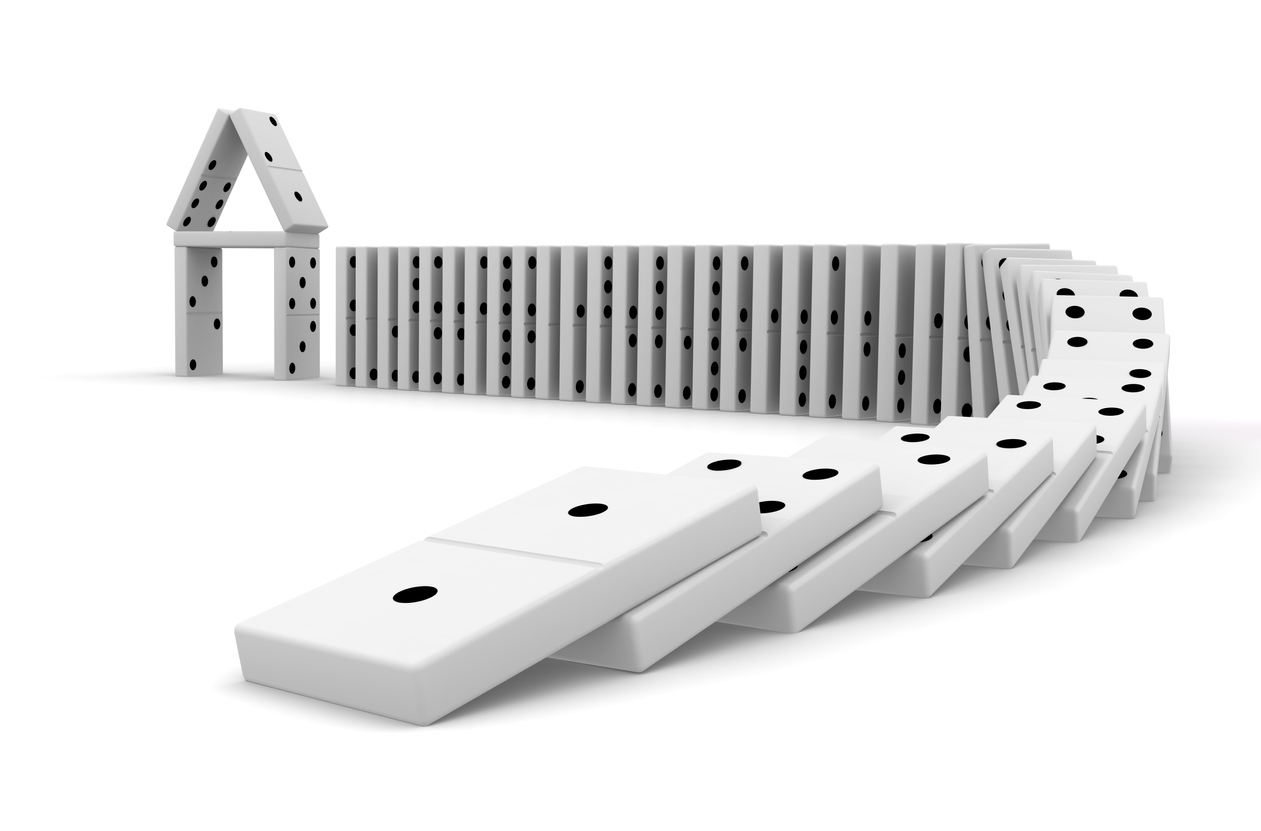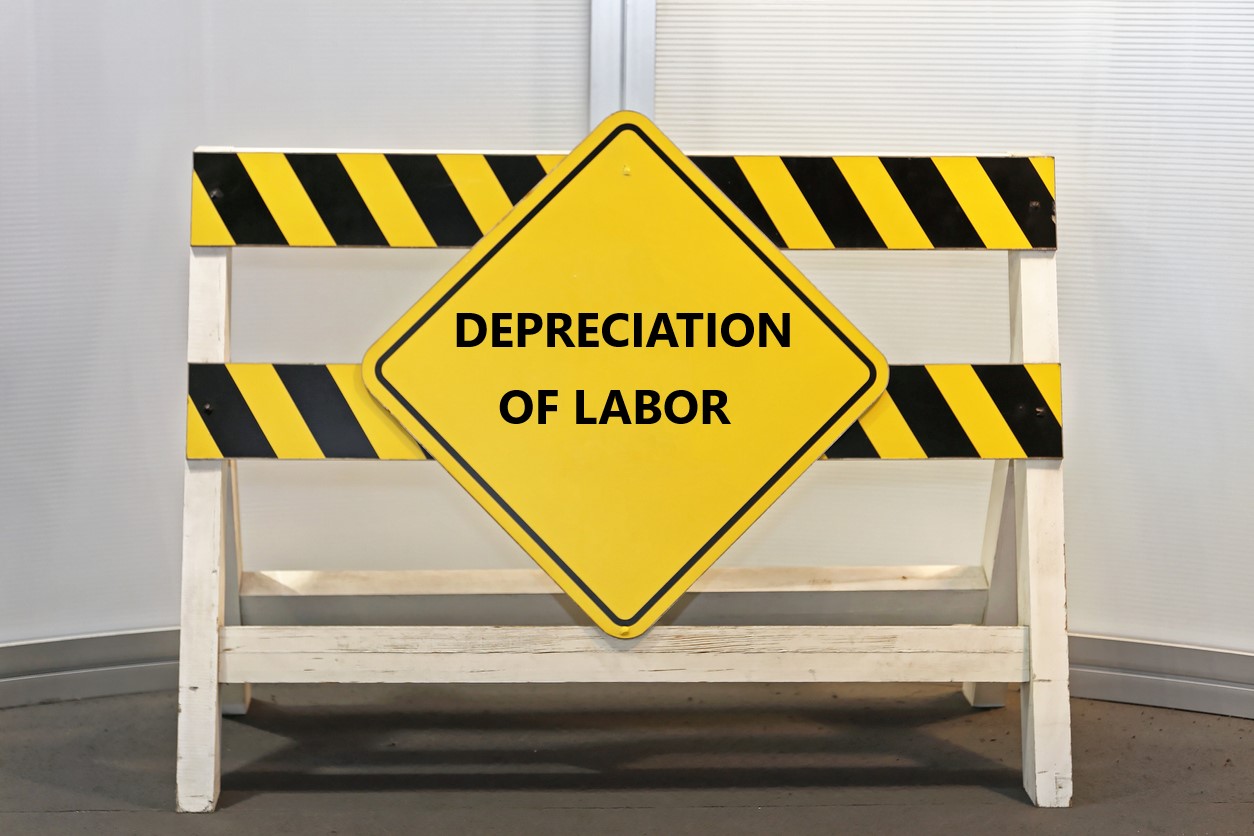A recent decision out of Texas found that an insured who replaced his roof prior to the insurance company inspecting it could proceed on his claims of bad faith. In Santacruz v. Allstate Texas Lloyds,1 the insured suffered damage to his home when a wind and rain storm ripped shingles from his roof, causing an opening for rain to enter the residence. He suffered exterior and interior damage. The next day, he reported the damage to his insurance company. They said it would be a few days before an adjuster could visit the property. The insured’s contractor said that the roof needed to be replaced, that he could not repair or tarp it and suggested the replacement be done quickly because more storms were forecasted. The insured took his advice and replaced the roof. When the adjuster came to inspect the property, he only took photographs and then the claim was denied. The insured filed suit in state court. The case was removed to federal court, and the magistrate judge ruled in favor of the insurance company on summary judgment. The insured appealed.
An insurance company owes a duty of good faith and fair dealing to an insured.2 The insured argued that Allstate breached this duty. He claimed that he had to protect his property from further damage, per the policy, which is why he replaced the roof. Allstate argued that the insured failed to provide access for the inspection prior to repairing the property. There was no provision in the policy requiring the insured to allow the insurance company a reasonable time and opportunity to examine the premises before repairs are undertaken. Allstate denied the claim because the insured replaced his roof before inspection—preventing Allstate from determining if the damage was from wind or a non-covered cause. There was an exclusion in the policy for damage due to rain except if wind makes an opening in the roof and rain enters the opening and causes damage.
The insurance company has a duty to reasonably investigate a claim. The insured produced evidence that Allstate did not sufficiently investigate the matter to determine that the pre-inspection repair prevented the insurance company from determining coverage. Allstate took photographs, but they did not talk to the contractor, obtain a weather report or ask any neighbors whether they suffered damages. The 5th Circuit Court of Appeals reasoned that a jury could find Allstate failed to perform a thorough and objective investigation. Further, the appeal court found that the insured sufficiently established his damages by providing a list of the damaged property and estimates to fix the same, as well as an invoice for the work done to the roof and an affidavit from the contractor. The court reversed the ruling of summary judgement and allowed the common law bad faith and statutory claims to proceed.
1 Santacruz v. Allstate Texas Lloyd’s Inc., 2014 WL 5870429 (5th Circ., Nov. 14, 2014).
2 Arnold v. Nat’l Cnty. Mut. Fire Ins. Co., 725 S.W.2d 165, 167 (Tex. 1987).



